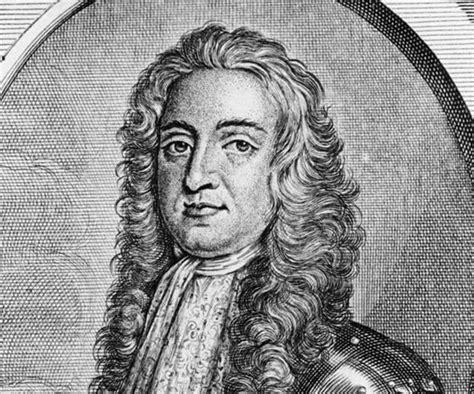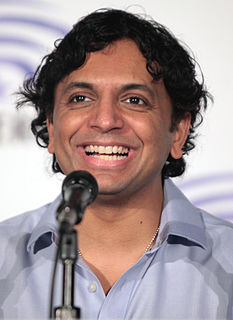A Quote by Augustus William Hare
Science sees signs; Poetry, the thing signified.
Co-author with his brother Julius Hare.
Related Quotes
It is always advisable to obtain a mantra from a self-realized master. Until then we may use one of the mantras of our beloved deity like 'Om Namah Shivaya', 'Om Namo Bhagavate Vasudevaya', 'Om Namo Narayanaya', 'Hare Rama Hare Rama, Rama Rama Hare Hare, Hare Krishna Hare Krishna, Krishna Krishna Hare Hare', 'Om Shivashaktyaikya Rupinyai Namaha' or even the names of Christ, Allah or Buddha.
Truth then seems to me, in the proper import of the word, to signify nothing but the joining or separating of Signs, as the Things signified by them do agree or disagree one with another. The joining or separating of signs here meant, is what by another name we call proposition. So that truth properly belongs only to propositions: whereof there are two sorts, viz. mental and verbal; as there are two sorts of signs commonly made use of, viz. ideas and words.
Poetry is related to philosophy as experience is related to empirical science. Experience makes us acquainted with the phenomenon in the particular and by means of examples, science embraces the whole of phenomena by means of general conceptions. So poetry seeks to make us acquainted with the Platonic Ideas through the particular and by means of examples. Philosophy aims at teaching, as a whole and in general, the inner nature of things which expresses itself in these. One sees even here that poetry bears more the character of youth, philosophy that of old age.
Jesus has chosen, even in a resurrected, otherwise perfected body, to retain for the benefit of His disciples the wounds in His hands and in His feet and in His side-signs, if you will, that painful things happen even to the pure and the perfect; signs, if you will, that pain in this world is not evidence that God doesn't love you; signs, if you will, that problems pass and happiness can be ours.
When it happeneth that a man signifieth unto us two contradictory opinions whereof the one is clearly and directly signified, andthe other either drawn from that by consequence, or not known to be contradictory to it; then (when he is not present to explicate himself better) we are to take the former of his opinions; for that is clearly signified to be his, and directly, whereas the other might proceed from error in the deduction, or ignorance of the repugnancy.
































